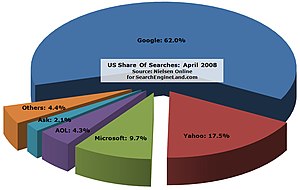I know there's no hope for people like my friend. To him and his peers, English classes in school were just another hour's worth of agony that had to be suffered.
Now, for writers, spelling errors should never happen. To help eliminate them we have dictionaries, spell check, and for the
A manuscript should be clear of
Here are a few of the misspellings from Desert of Deceit that my spell check missed, some caused by typing too fast, others, well, who knows. They are kind of
- Perhaps she’d been a marked woman from the day she was barn, or at the very least from the day a stepfather came into her life at the age of twelve.
- Now, inside with the coffin brewing, he removed his jacket before he spread the pictures of Marta Borgen on the table in front of the sofa.
- That included the man with for or five or six layers of clothing who was turning the corner from South Casino Center Boulevard and heading in his direction.
- Not as bad as you might think. What are you, the local weathermen?
- Skipping his intended destination, Atkins ran the red light at North Hollywood Boulevard and continued on the Lake Mead route, through the mountain, winding around the narrow two-lanes at unsafe speeds until he came to the stop sing.
- Kelly could feel the man’s gripe making indentations in his arm.







